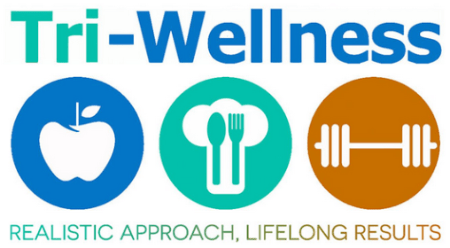Frozen yogurt is all the rage right now [1], especially with so many new types, brands, flavors, and stores being introduced. It's cold, delicious and nutritious, but it can also pack a lot of sugar and hidden calories, as well as artificial ingredients. Today I'd like to discuss the pros and cons of frozen yogurt to help you decide if it's the best dessert for you.
Grocery vs Store-Bought Yogurt: Health Benefits
Not every yogurt is created equal. Grocery or supermarket frozen yogurt is very inferior to most yogurt-shop varieties, as most commercial yogurts are subjected to heat, which kills the beneficial bacteria [2]. Eating the beneficial bacteria in the more tart frozen yogurt brands, such as Pinkberry and Red Mango (called probiotics, also in regular, non-frozen yogurt), helps your digestive system process food. But beware because not all frozen yogurt brands contain these special live bacterias, so if you are not sure, ask the store! More often than not, because live active cultures are such a health benefit, the yogurt store will advertise them in their product.
Fat-Free, Low-Fat or Low Calorie?














